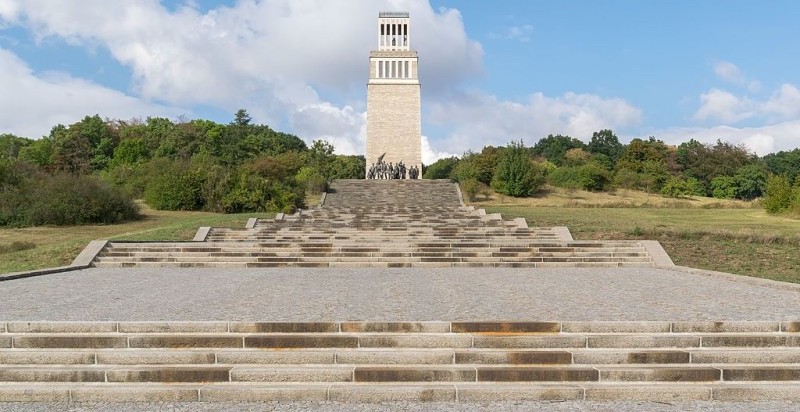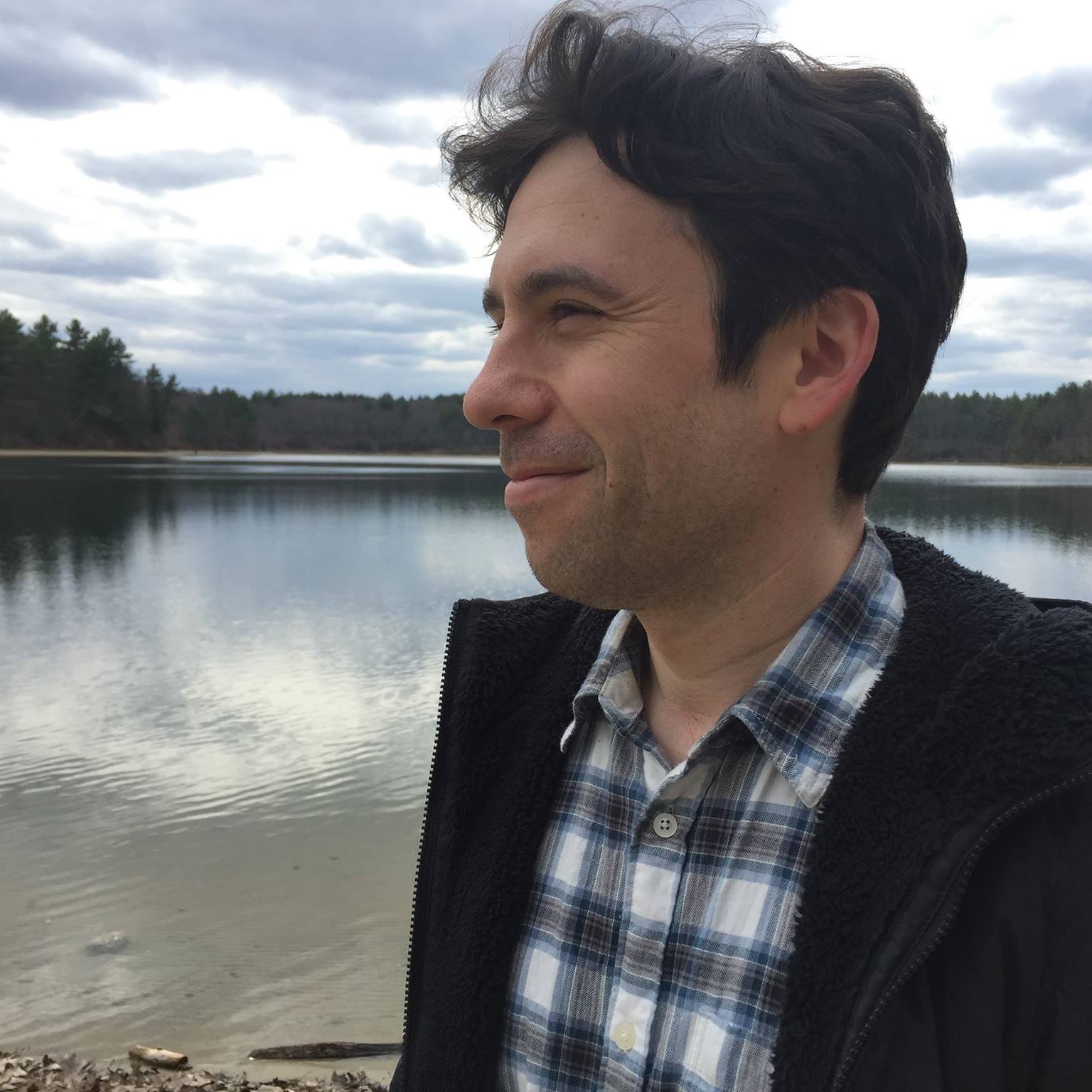By: Jeremy Eichler
The wooded slopes of the Ettersberg stand in the center of Germany, a few miles north of Weimar. Beginning in the eighteenth century, the area served as the playground of dukes, who went there for hunting, and later as the preserve of poets, who traversed its rugged hills while contemplating the wonders of nature. No less an eminence than Goethe, the greatest of all German poets, traveled often to the forests of the Ettersberg, and over the years he grew particularly fond of one large oak tree near a clearing with expansive views of the countryside. On a bright autumn morning in 1827, a banquet-like breakfast was laid out in the shade of this grand oak. Leaning back against its regal trunk, Goethe feasted on roast partridges, drank wine from a gold cup, and gazed out at the rolling landscape. “Here,” he declared, “a person feels great and free…the way he should always be.”














